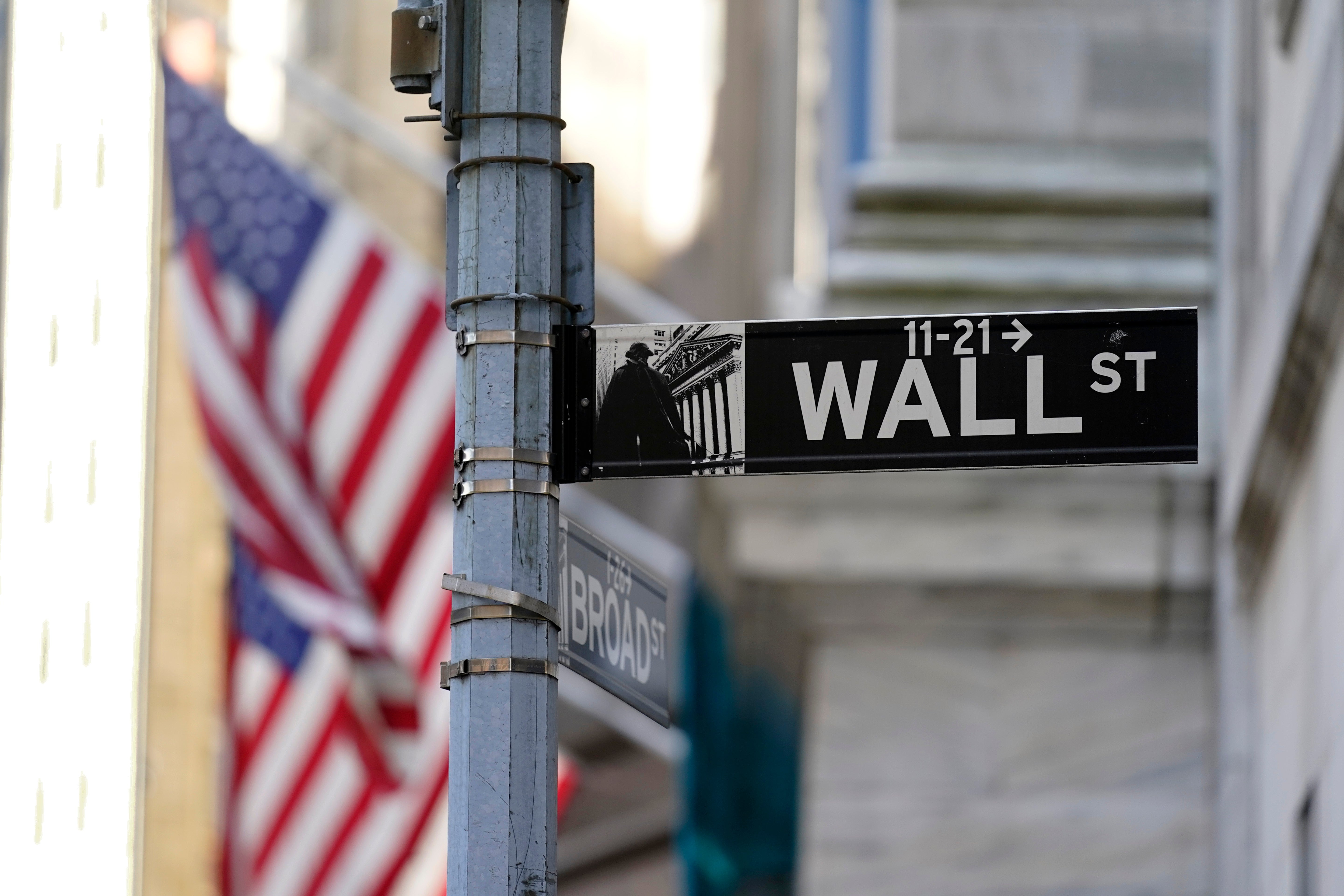Nasdaq falls to worst low since 2008 as stocks plunge amid recession fears
The tech-heavy index fell 4.2%, concluding its worst month since October 2008

Your support helps us to tell the story
From reproductive rights to climate change to Big Tech, The Independent is on the ground when the story is developing. Whether it's investigating the financials of Elon Musk's pro-Trump PAC or producing our latest documentary, 'The A Word', which shines a light on the American women fighting for reproductive rights, we know how important it is to parse out the facts from the messaging.
At such a critical moment in US history, we need reporters on the ground. Your donation allows us to keep sending journalists to speak to both sides of the story.
The Independent is trusted by Americans across the entire political spectrum. And unlike many other quality news outlets, we choose not to lock Americans out of our reporting and analysis with paywalls. We believe quality journalism should be available to everyone, paid for by those who can afford it.
Your support makes all the difference.US stocks plummeted on Friday as the market finished one of its worst months in recent history.
By the closing bell, the day’s numbers were ugly. The Nasdaq fell 4.2 per cent, the Dow dropped 2.8 per cent, and the S&P 500 plunged by 3.6 per cent.
This marked the end of an unusually brutal month for US stocks. In April alone, the Nasdaq tumbled 13.3 per cent – its worst month since October 2008, when the world was still gripped by the Great Recession. And the S&P 500 slid by 8.8 per cent, its steepest one-month drop since the start of the pandemic.
A number of factors may have contributed to the plunge. On Thursday, Amazon reported a shocking $3.8bn loss in this year’s first quarter – its first loss since 2015. On Friday, Amazon’s stock plummeted by 14 per cent.
In addition, investors concerned about inflation may have been spooked by the latest numbers.
On Friday, the US Department of Commerce announced that the personal consumption expenditures price index – a key figure for measuring inflation – has risen by 6.6 per cent since last March (or 5.2 per cent excluding food and energy prices), the fastest increase since 1982.
Others worry about the measures the Federal Reserve could take to fight that inflation, in the form of higher interest rates. The Fed is widely expected to dial rates up next week.
“Rising cost pressures and uncertain outlooks from the largest technology names have investors agitated,” Charles Ripley, a strategist for Allianz Investment Management, told the Associated Press. “And investors are not likely to be comfortable any time soon with the Fed widely expected to deliver a 50-basis point hike, along with a hawkish message next week.”
Meanwhile, a host of global problems – the war in Ukraine, the ongoing Covid-19 pandemic, disrupted supply chains, and rising oil prices, among others – continue to rattle investors.
Amazon’s CEO, Andy Jassy, mentioned some of these issues as he revealed his company’s losses on Thursday.
“The pandemic and subsequent war in Ukraine have brought unusual growth and challenges,” Mr Jassy said in a statement. He added that adjusting to the new business climate “may take some time, particularly as we work through ongoing inflationary and supply chain pressures.”
Join our commenting forum
Join thought-provoking conversations, follow other Independent readers and see their replies
Comments